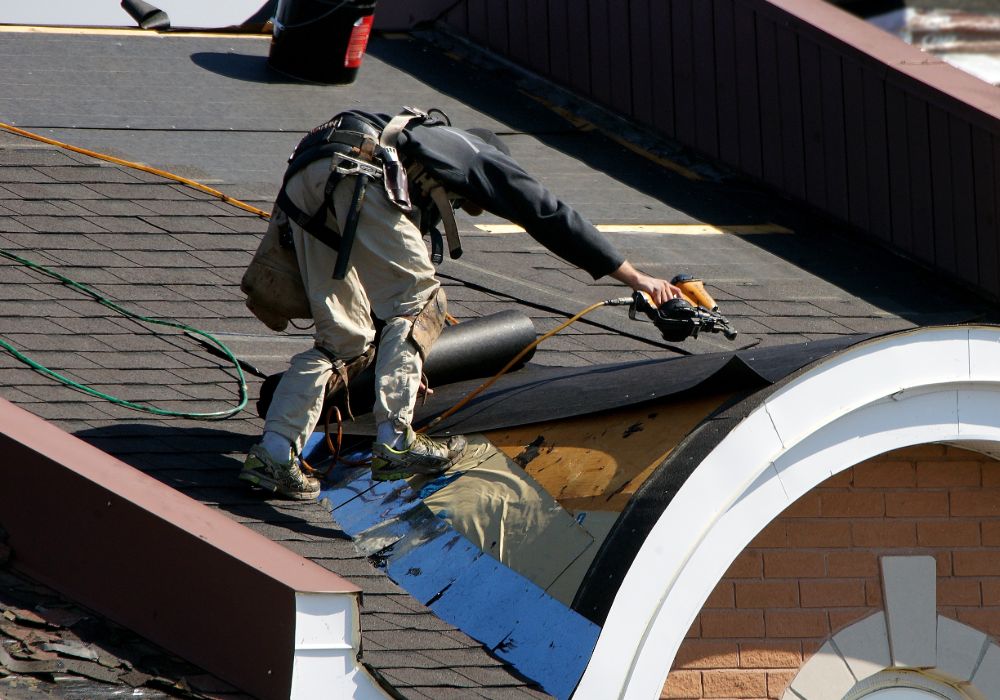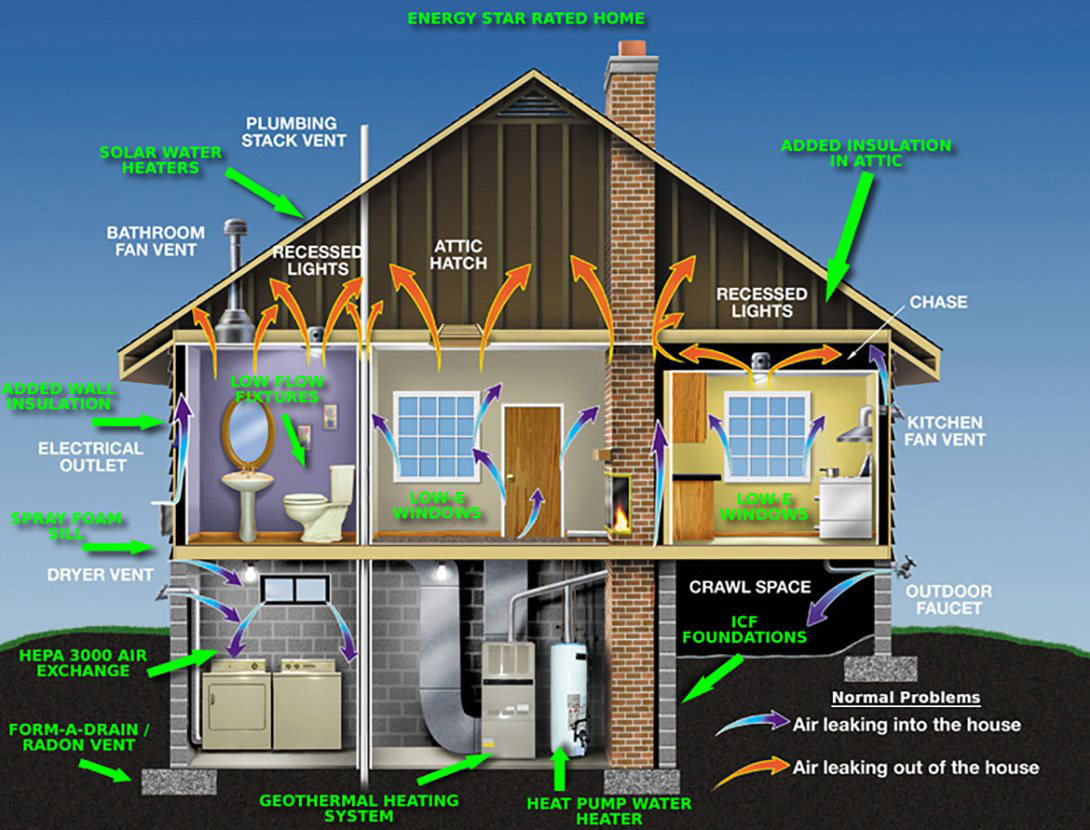5 Indications Your Business Roofing May Require To Be Changed North American Roof They successfully throw away http://jeffreycuud513.theburnward.com/the-advantages-of-an-energy-efficient-roofing the old roofing products in an environmentally responsible way, sticking to all local guidelines and standards. Continue reading Some of the most common materials used in commercial roofing replacements consist of TPO (Thermoplastic Polyolefin), EPDM (Ethylene Propylene Diene Monomer), and PVC (Polyvinyl Chloride). From repairing leaks to changing harmed flashing, Landmark Roof provides a range of repair service services to keep your industrial roof covering in top problem.
2012 Residential Roofing Contractor of the Year: Collis Roofing - Roofing Contractor
2012 Residential Roofing Contractor of the Year: Collis Roofing.


Posted: Thu, 01 Nov 2012 07:00:00 GMT [source]
Roof Covering Fixing For Leak
Additionally, if your roofing system is still under guarantee, you might be covered for repair services or perhaps a replacement, which can affect your choice. Arranging roofing repairs during the summertime can additionally lessen interruptions to your organization operations. Numerous businesses experience a seasonal stagnation during these months, making it a more convenient time for building activities. Longer daylight hours in summer season suggest even more work can be accomplished every day.The 4 Most Energy-efficient Business Roof
- It is not too hot or cool, and roofing professionals can work much longer with very little chances of any kind of problems because of poor climate condition.Water leakages can go unnoticed, especially in structures where the bottom of the roof is not visible.Our group of specialists has years of experience dealing with all kinds of level roofing systems.Correct installment is crucial for the long life and efficiency of a new industrial roofing.
What is the chilliest temperature level to mount a roof?
As a matter of fact, you''ll discover that many professional roofer draw the line at 40 degrees F, as this marks the industry-standard warranty limit of the majority of roof products.